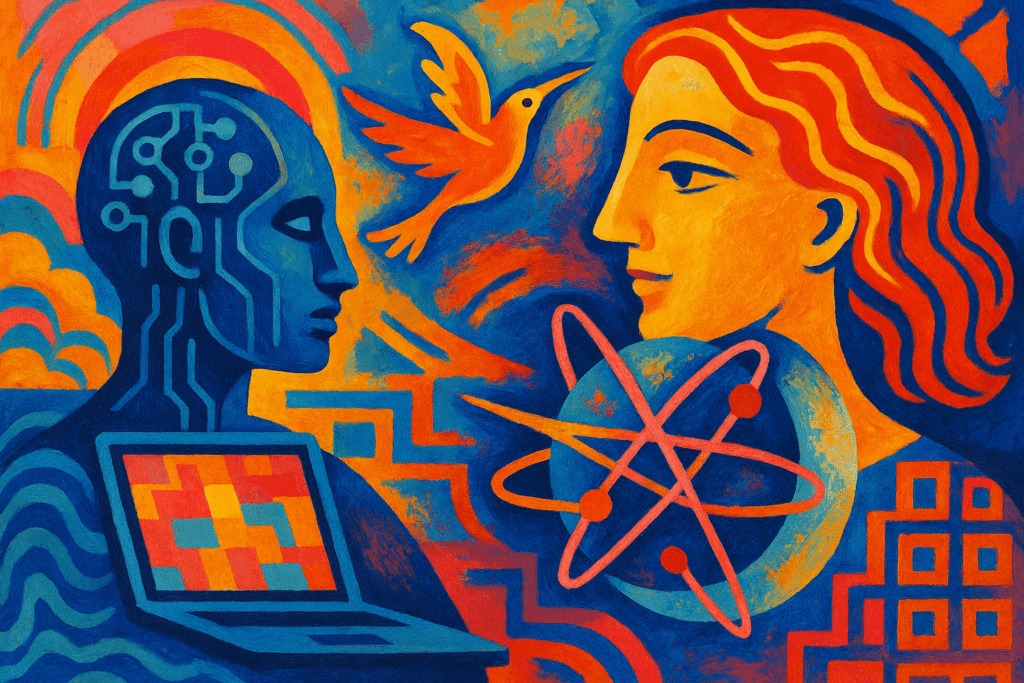New AI-Driven Quantum Simulation Breakthrough Unveiled by Researchers
In a significant advancement announced this month, a collaboration of researchers from the Quantum Computing Institute and AI Labs revealed a novel AI-powered quantum simulation method. This breakthrough promises to accelerate the simulation of complex quantum systems, a key challenge in the field, making it faster and more accurate. The development holds considerable promise for industries ranging from pharmaceuticals to materials science, marking a notable step forward in the convergence of AI and quantum computing.
Understanding the Breakthrough
The core innovation lies in the integration of machine learning algorithms with quantum simulation techniques. Traditional quantum simulations require vast computational resources due to the exponential growth of quantum states. By training AI models on preliminary quantum data, the system can predict and simulate the behavior of quantum particles without exhaustive calculations. This approach was led by Dr. Elena Martinez and her team at the Quantum Computing Institute, alongside AI experts from AI Labs. Their hybrid model significantly reduces the time needed to simulate quantum interactions, enabling researchers to explore complex molecular and atomic structures more efficiently.
Impact and What Comes Next
This advancement opens up new avenues for practical applications. In drug discovery, faster quantum simulations can help model molecular interactions with higher precision, potentially shortening development timelines. Materials science stands to benefit by allowing the design of novel compounds with desired properties through better simulation of quantum effects. While promising, challenges remain, such as refining the AI models to handle larger quantum systems and integrating this approach with emerging quantum hardware. Researchers anticipate ongoing development to improve scalability and applicability across various fields.
Looking ahead, the fusion of AI and quantum simulation suggests a transformative future for computational science. The approach could become an essential tool for both academic researchers and industry leaders seeking to solve problems previously out of reach. As this technology evolves, quantumaiinsiders.com will continue reporting on key developments at the forefront of AI and quantum innovation.




